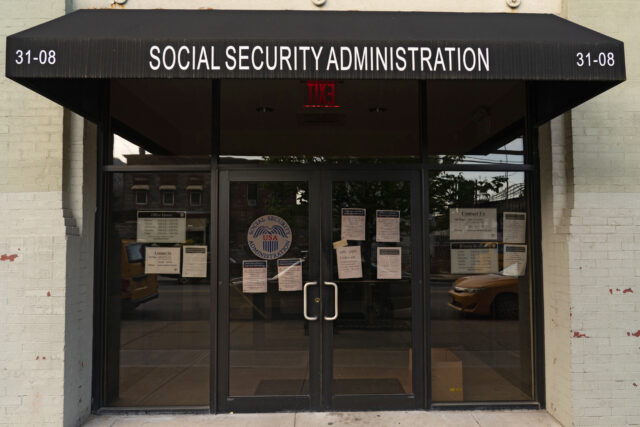
How Do the Disabled Cope While Waiting for SSDI?
Abstract
The wait time for a Social Security Disability Insurance (SSDI) award varies from a few months to several years. Little is known about how applicants fund their consumption during this period. Using the Survey of Income and Program Participation (SIPP) linked to the Social Security Administration’s 831 file, this study examines the use of seven different coping strategies on which applicants may rely for resources, including government transfers, intra-family resources, other financial resources, and locational changes. Our results suggest that applicants use some coping strategies more frequently with longer application duration, especially spousal employment, the Supplemental Nutrition Assistance Program (SNAP) and the Supplemental Security Income (SSI) program for the disabled and children. They are also less likely to report receiving Unemployment Insurance benefits, changing their address, and owning a home. Together, these results suggests that some of the studied coping strategies are an important part of funding consumption during the application process, either by sustaining ongoing applications or by making it easier to file an appeal of an initially denied application.







